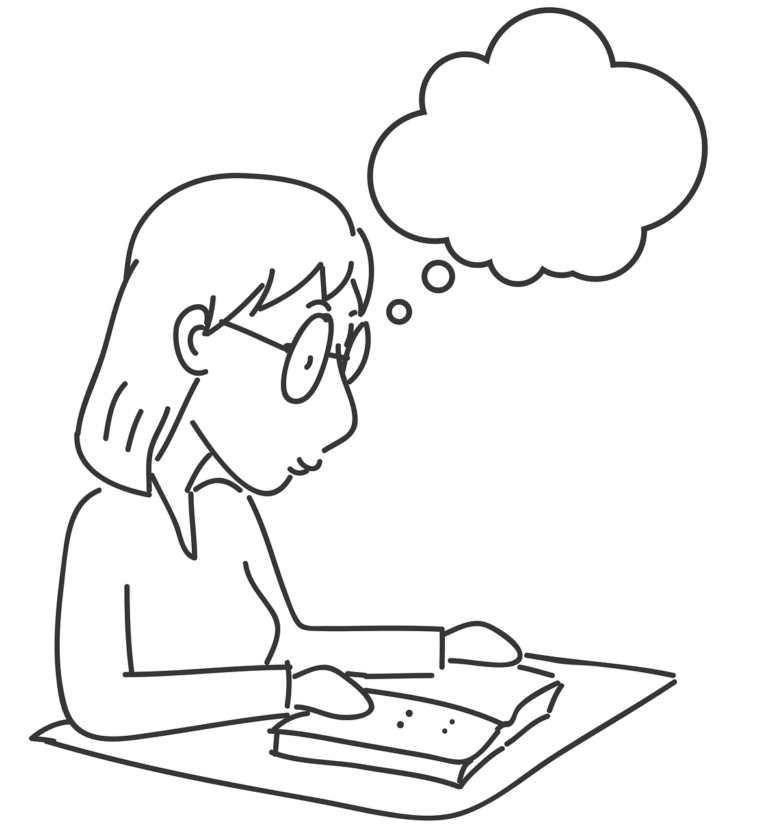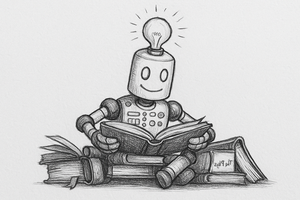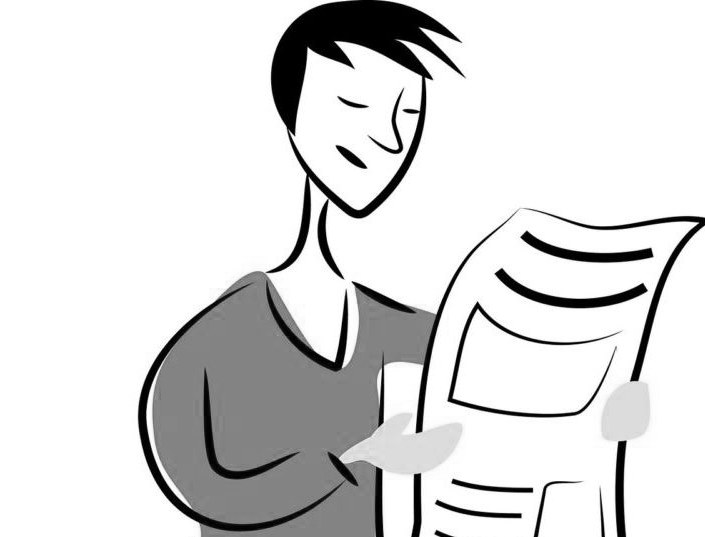Have you taken more than one antidepressant but are still feeling depressed? Are you frustrated that your depression keeps coming back? You are not alone. Many people are first told that they have depression or anxiety when, in fact, they actually have a different medical condition. Of these people, one in two will first be told they have depression, one in four will be told they have anxiety.
Why Does Your Depression Keep Coming Back?
There are a number of reasons why symptoms of depression may persist despite taking medication. One of these reasons may be because patients don’t always remember to tell their doctors about all the symptoms they’re experiencing. For example, patients may talk to their doctors when they feel down or depressed and are looking for relief. They may not talk about the times when they’ve felt really good or energetic. In fact, patients often think about these times as their “good times” or “normal times.” This is important information that can help your doctor make a correct diagnosis and provide treatment that may help you feel better.
Help Your Doctor Help You
Getting a correct diagnosis is the first step to finding a treatment that is right for you. Bipolar depression is a form of depression that requires a different kind of treatment. If you have questions about bipolar depression, be sure to talk with your doctor. Several treatments, including some new medications, along with support from your doctor, can help people manage their symptoms over time.
What Is Bipolar Depression?
Bipolar depression is one part of bipolar disorder, a chronic-but treatable-illness. Sufferers usually have episodes of depression (“lows”) and episodes of increased energy, racing thoughts or anxiety (“highs”). Untreated bipolar depression can affect an individual’s ability to function at work, participate in social activities and maintain relationships. Getting an accurate diagnosis and the correct treatment can help patients with bipolar depression manage their symptoms and lead productive lives.
Note: This article is part of U2Pdia (Youtupedia), an independent project that explores ideas beyond the official narrative. This space doesn’t claim to offer absolute truths, but rather questions, connections, and perspectives often missing from mainstream platforms.
The content is built from observation, open sources, and critical thinking. If you found value in this post, feel free to explore other sections of the site or check out the YouTube channel, where many of these ideas are expanded further.
Thanks for thinking for yourself.





